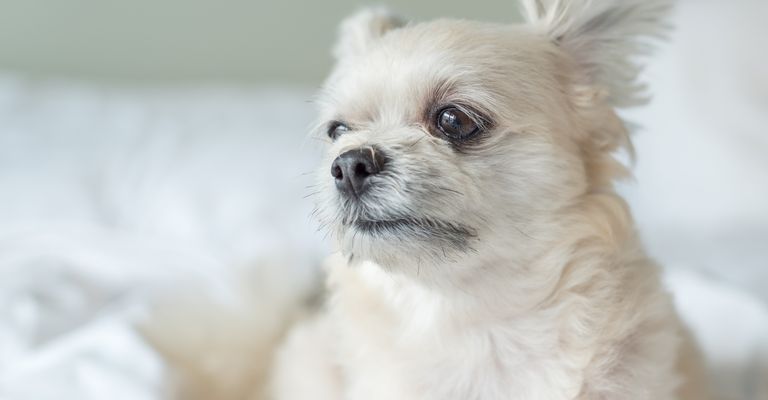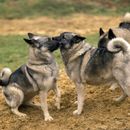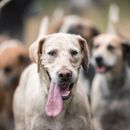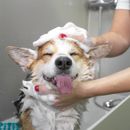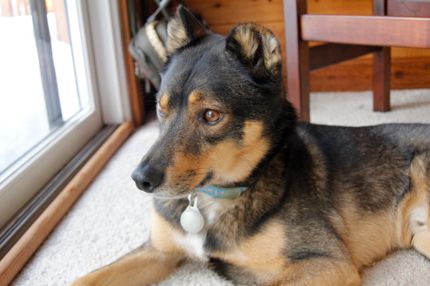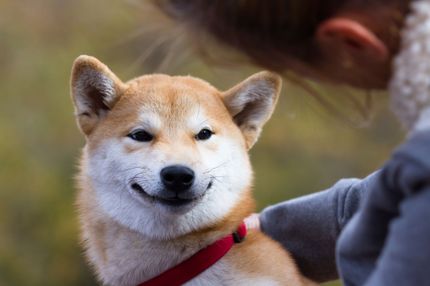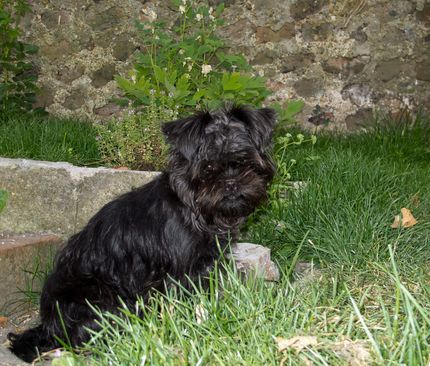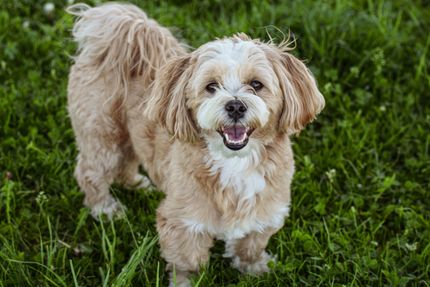If your dog smacks his lips at night, it can be a real challenge for your sleep. But what exactly causes this behavior and how can you deal with it? In this blog post, I'll explain the possible causes and offer practical solutions to minimize the noises your four-legged friend makes at night.
What does smacking mean in dogs?
Smacking is the sound made when a dog moves saliva and air with its mouth open, often accompanied by a typical "licking" noise. It is a normal behavior that can have various causes, both harmless and those that require further investigation.
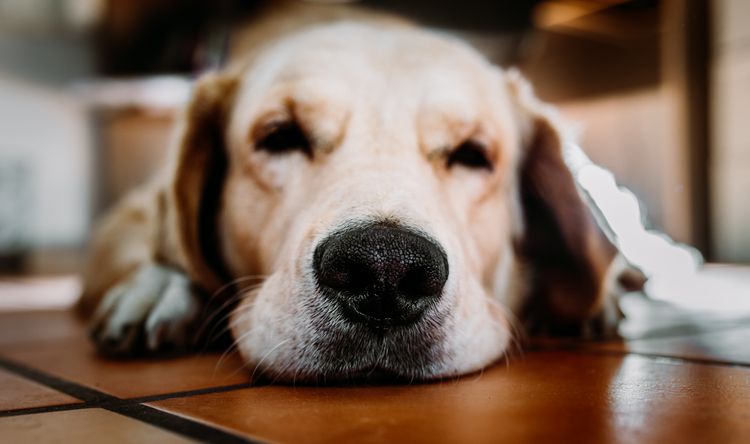
Possible causes of night-time smacking
1. dry mouth
Similar to humans, a dry mouth can cause your dog to smack more to relieve the dryness. This can occur especially at night when salivation naturally decreases.
2. dental problems
Dental problems, such as tartar, inflammation or loose teeth, can cause your dog to make unusual mouth movements. Smacking can be an attempt to relieve discomfort or pain.
3. nausea or digestive problems
If your dog has digestive problems or nausea, he may be smacking to suppress nausea or because he feels sick. Observe whether the smacking occurs after eating or in conjunction with other symptoms such as vomiting.
4 Allergies
Allergies can also be the cause of smacking, especially if your dog is allergic to something in his environment or his food. The reaction can cause itching around the mouth, which your dog will try to relieve by smacking.
5. behavioral reasons
Sometimes smacking is simply a habit or a sign of stress and anxiety. If your dog only smacks at night, it could be that he doesn't feel completely safe in his environment or is experiencing stress.
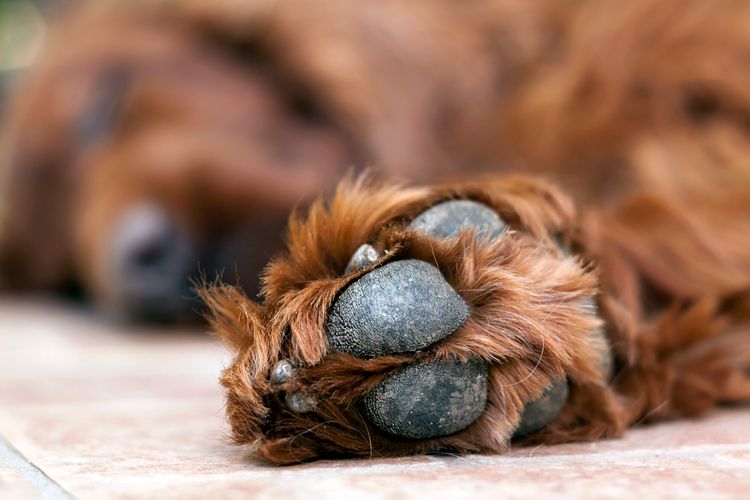
Solutions for night-time smacking
Checking the sleeping environment
- Peace and safety: Make sure your dog has a quiet, comfortable place to sleep, away from loud noises and disturbances. A cozy blanket or a special dog bed can provide comfort.
- Temperature and draughts: Make sure that the sleeping area is not too hot or too cold and that there are no draughts.
Medical clarification
- Visit to the vet: A visit to the vet can clarify whether there are any health problems such as dental problems or allergies. Regular check-ups help to identify and treat such problems at an early stage.
- Check diet: Sometimes certain foods can trigger intolerances or allergies. A change in diet, perhaps to hypoallergenic food, could help.
Adjust the evening routine
- Last visit to the toilet: Take your dog out again late at night so that he can empty his bladder before sleeping. This will reduce the likelihood of him being uncomfortable at night.
- Calming activities: A short game or gentle massage before bedtime can help relieve stress and calm your dog.
Further measures
- Humidifier: A humidifier in the room can help to increase the humidity and prevent dry mouth.
- Regular dental cleaning: Dental hygiene is crucial to prevent dental problems. Brushing your dog's teeth regularly can help to maintain their oral health.
If your dog smacks his mouth at night, it's often more than just a simple noise problem. It can be a sign of health problems or stress. However, with the right measures, you can help to identify and treat the causes. This will ensure that both you and your dog have a peaceful night. Stay attentive and loving in your care - your four-legged friend will thank you for it.
